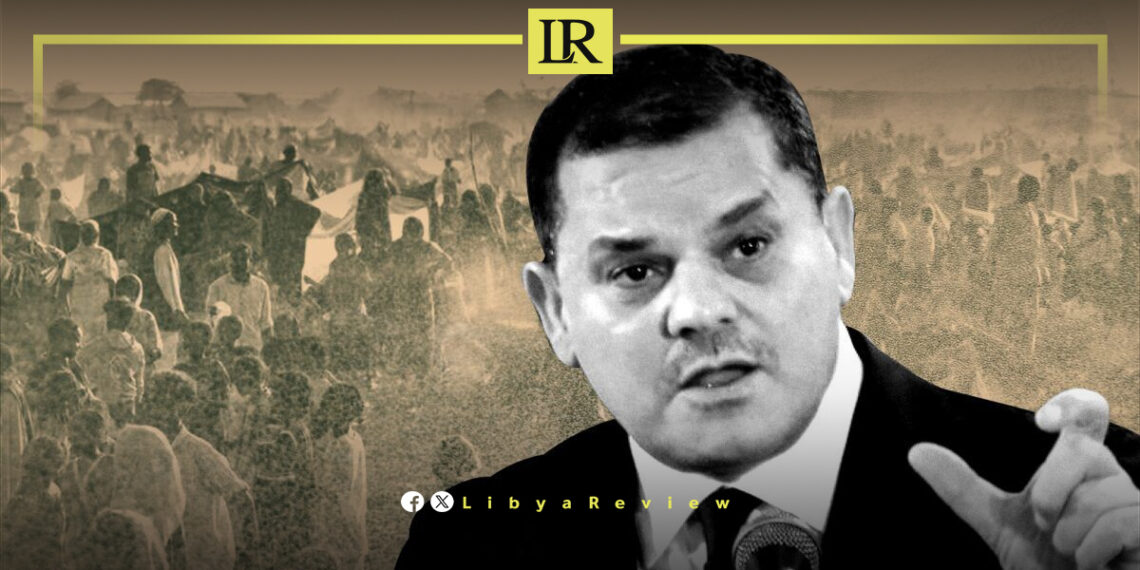The Atlantic Council has emphasized that the persistence of Abdel-Hamid Dbaiba, the Prime Minister of the outgoing Government of National Unity (GNU), in holding onto power is the primary reason behind the current instability in Libya.
In an article on Libya’s evolving situation, the site highlighted that Dbaiba’s desire to gain access to the Central Bank of Libya’s reserves is fueling the ongoing crisis.
The Atlantic Council urged the international community to take action and facilitate the appointment of a new prime minister through the House of Representatives. The site noted that swift measures could prevent the outbreak of a full-scale war between the various armed militias.
Libya has been in chaos since a NATO-backed uprising toppled longtime leader Muammar Gaddafi in 2011. The county has for years been split between rival administrations.
Libya’s economy, heavily reliant on oil, has suffered due to the ongoing conflict. The instability has led to fluctuations in oil production and prices, impacting the global oil market and Libya’s economy.
The conflict has led to a significant humanitarian crisis in Libya, with thousands of people killed, and many more displaced. Migrants and refugees using Libya as a transit point to Europe have also faced dire conditions.
The planned elections for December 2021 were delayed due to disagreements over election laws and the eligibility of certain candidates. This delay has raised concerns about the feasibility of a peaceful political transition.
Despite the ceasefire, security remains a significant concern with sporadic fighting and the presence of mercenaries and foreign fighters. The unification of the military and the removal of foreign forces are crucial challenges.


